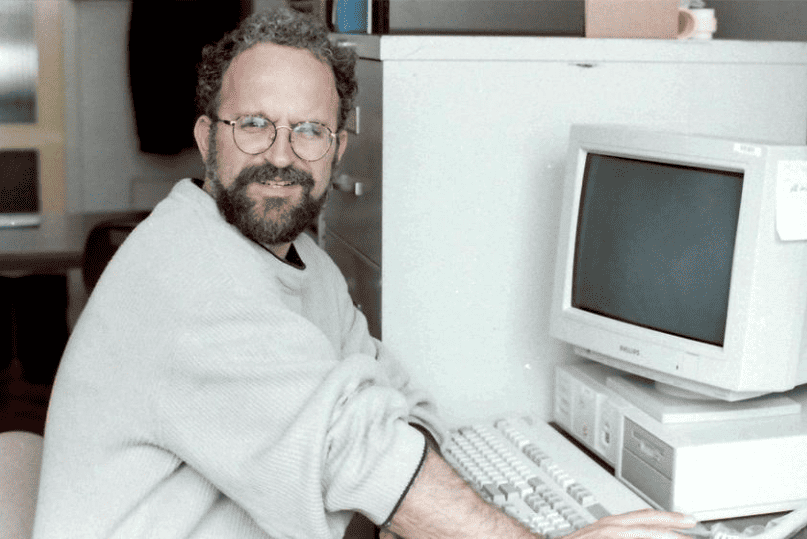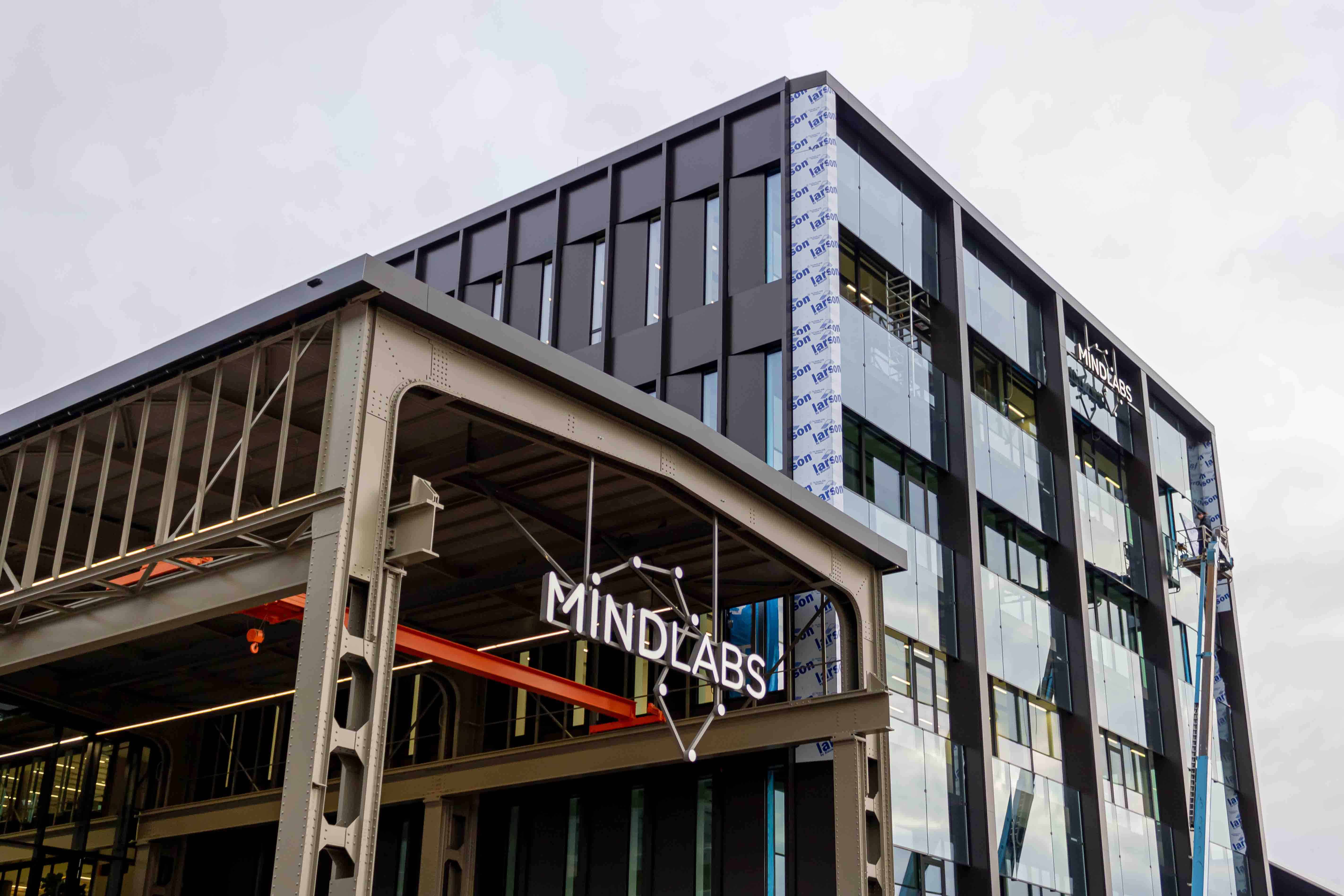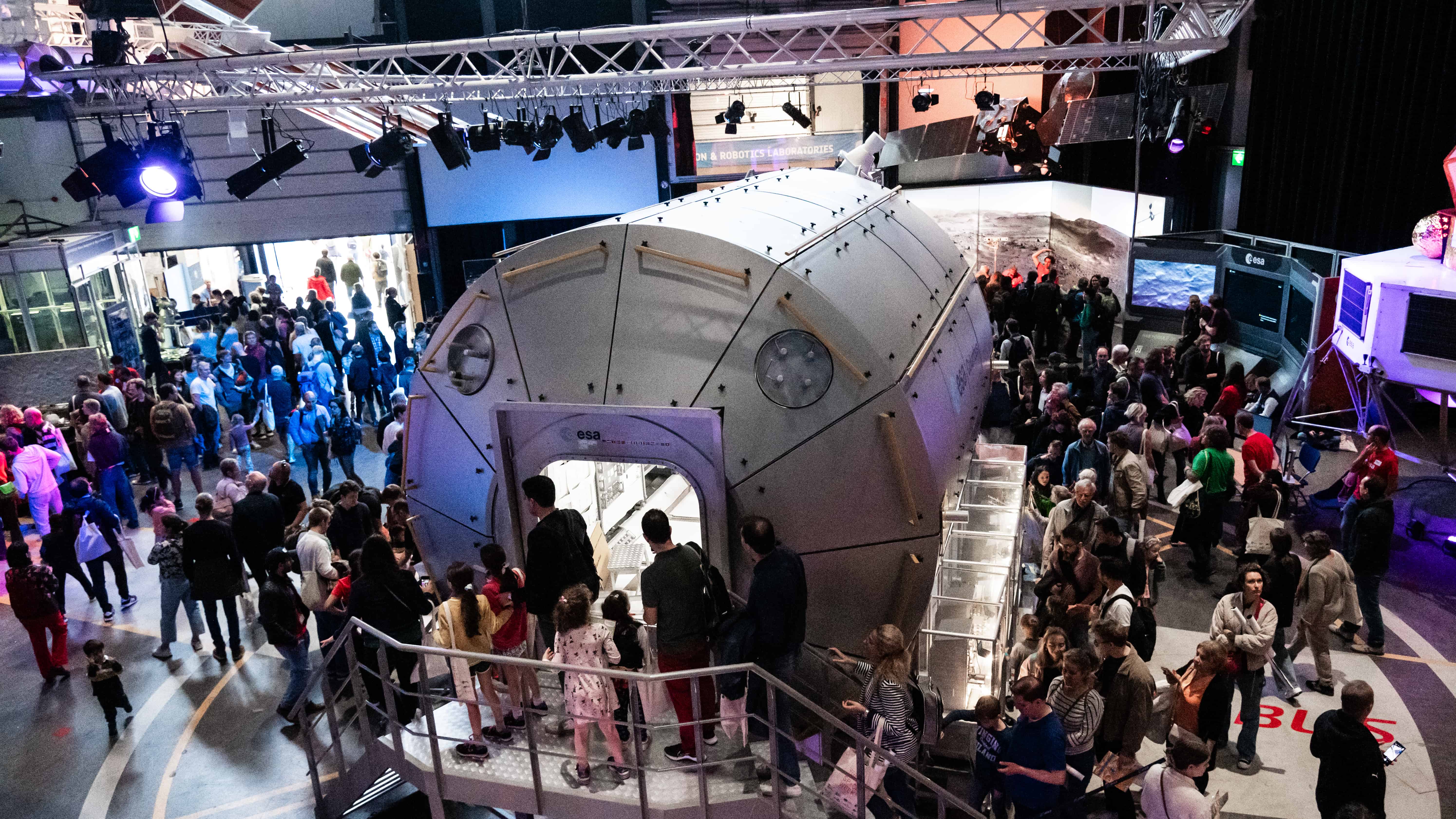
Thanks to a cloud you are able to access websites, apps and other online activities. You need data centers and a whole lot of power to keep all those services up and running. Of course, you can use green electricity to minimize the impact of this power consumption.
But that’s simply not enough for Dutch Coding Company, because for every app or website that uses their cloud, the Eindhoven-based company is planting more trees. It’s the Green Cloud. The software company plants one or more trees every month for websites and apps that run on this green cloud. The more often the app is used, the more trees go into the ground. The start-up stated in a press release that on average 10 to 15 trees are planted every month based on an average app in their Green Cloud.
The company is working on this with the Eden Reforestation Project. They arrange for the trees to be planted by local residents. The locals are not only paid fairly for planting the trees, but also receive a remuneration for keeping the trees alive. This takes place in Nepal, Madagascar and Indonesia, among other countries. Bas Schleijpen, who decided to stop his studies a few years ago in order to set up the Dutch Coding Company, tells his story today.
Why are you doing this?
I started the Dutch Coding Company because there is so much software out there that seems to create more problems than it solves. We found that a real shame. But at the same time we know that the products we make also use a lot of power. By introducing the Green Cloud, we aim to make the world a better place without compromising the quality of our products. In future, we also want to continue to look at how we can ensure that data centers, for one, use power more economically.
Why do you think that young entrepreneurs today find it so important that they make the world a better place?
I’m just 25 years old and I’m going to do something now. Lots of people of my generation think that this is important. I think it’s due to globalization. Worldwide problems such as climate change, inequality and poverty are becoming more and more visible as a result of internet and social media. We are very keen to do something about these problems.
I see that in our team; people don’t work here just because they want to earn money. Then it’s better to reach out to a large corporation. With us – through their passion for technology or design – they can have a positive impact on the world. Planting trees is just one example of this. We also travel green and work frequently on projects for clients that also have a positive impact on the world.
In an earlier article you said that you had stopped your studies. In the meantime, did you got your degree?
I completed my bachelor’s degree, but for the time being I don’t have any time for a Master’s degree. It might be useful for some people to get that paper. That varies from person to person. My associate Glenn Bergmans has just finished his Master’s. I had originally planned to do that too, but I’ve learned more in these past three years than I would have done from a Master’s degree. As an entrepreneur, it’s not about what you know, but what you’ve done.
So, running a start-up isn’t for everyone either?
No, certainly not. You also don’t need to give me a musical instrument, I can’t play music. Everyone has their own talents.
What do you have to be good at to be able to manage a start-up?
Above all, you have to like what you’re doing. I work 40 hours a week and besides that I spend another 20 hours on my hobby. That happens to be my work too. I don’t mind because I enjoy what I do. I also don’t think it’s important to earn money very quickly. Although I do think it’s important that there’s enough money in the company to make great products and pay salaries.
It is also important that you can cope with uncertainty. You can do your very best to win a contract, but as soon as you submit the proposal, you no longer have any control over it. There are all kinds of things you can’t control that play a part in getting a contract, there’s really no point in worrying about that. It’s better to focus on the things you do have influence over.
And what do you do when things do go wrong?
A project went on longer than anticipated last summer, which put us in a difficult spot when it came to finding new contracts. The team was incredibly valuable during this period. We all put our shoulders to the wheel so that we could come out of it better in the end. Because everyone felt involved, they went the extra mile. Even though someone is not responsible for a certain task, he or she offers their support in order to get something done on time.
Eventually, we resolved everything in close consultation with the customer and they are now happily using the software, because we didn’t compromise on quality. However, the delay was financially painful and consequently acquisition lagged behind. It was hard work straightening that out. It’s moments like these which give you confidence that you have a strong team. It would not have been possible without our team.
Where will you be in five years’ time?
In the coming years, in addition to developing great and well-functioning software, we intend to expand our consultancy services. We will help them to develop digital roadmaps and map out complete strategies.







